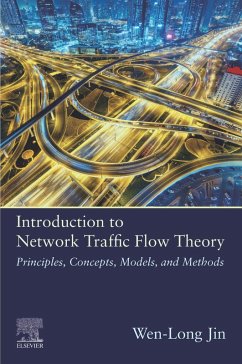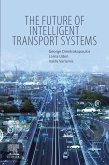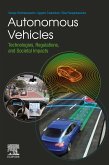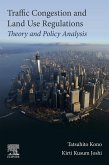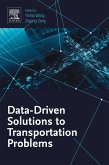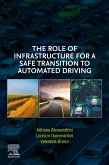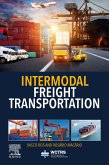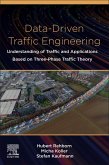Users wills find this to be a great resource on both theory and applications across a wide swath of subjects, including road networks and reduced traffic congestion.
- Covers the most theoretically and practically relevant network traffic flow theories
- Provides a systematic introduction to traditional and recently developed models, including cell transmission, link transmission, link queue, point queue, macroscopic and microscopic models, junction models and network stationary states
- Applies modern network traffic flow theory to real-world applications in modeling, analysis, estimation, control, management and planning
Dieser Download kann aus rechtlichen Gründen nur mit Rechnungsadresse in A, B, BG, CY, CZ, D, DK, EW, E, FIN, F, GR, HR, H, IRL, I, LT, L, LR, M, NL, PL, P, R, S, SLO, SK ausgeliefert werden.

